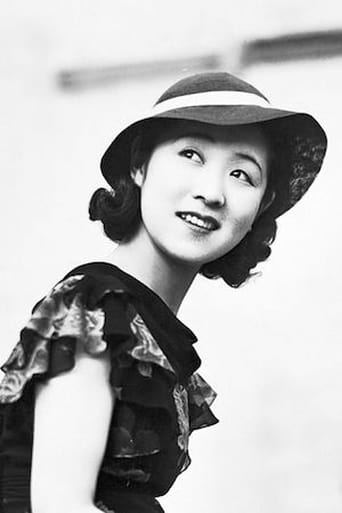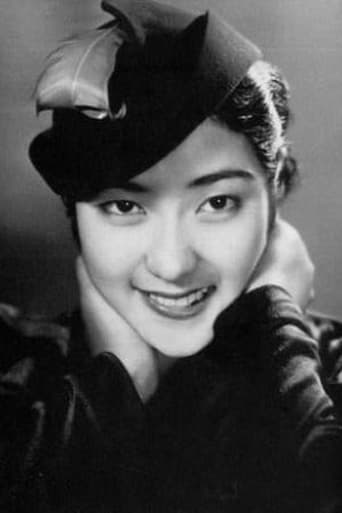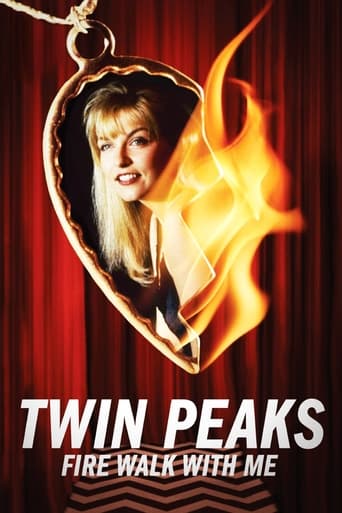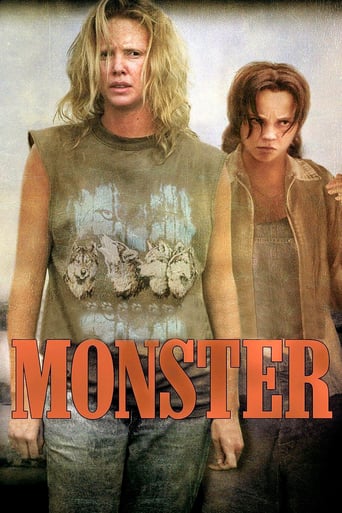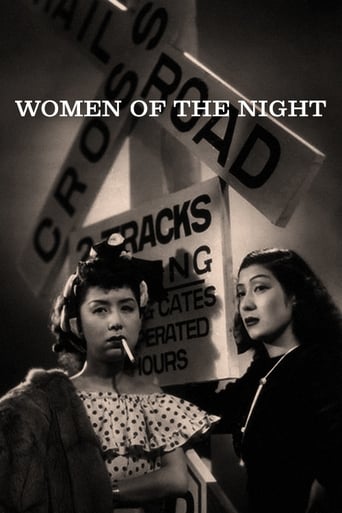

Women of the Night (1948)
In early post-war Osaka, three women, war widow Fusako, her sister Natsuko, an expatriate from Korea, and Kumiko, Fusako's sister-in-law, descend into prostitution, all for their individual reasons.
Watch Trailer
Cast


Similar titles
Reviews
Wow! Such a good movie.
I'll tell you why so serious
Deeper than the descriptions
One of the best movies of the year! Incredible from the beginning to the end.
Vewed on DVD. Restoration = one (1) star. Director Kenji Mizoguchi's highly repetitive story of life among the street-walking prostitutes in postwar Osaka. Apparently the Director did not feel viewers would get his message (that these women occupy the bottom strata of society) the first time. So he keeps re-sending it throughout the film. This movie is too long, and padding appears to have been inserted so as to stretch the duration of the photo play beyond an hour. The Director postulates that there is a street-walker's "code of conduct" that is enforced by the hookers themselves to prevent prostitutes from going straight. (Of course, this makes for business nonsense, since fewer hookers could demand higher prices. Or is the Director simply regurgitating the ancient saw that "misery loves company"?) Acting is amateurish (you probably have seen better in high school plays), obviously staged (as a result of poor direction and editing), and frequently simply silly. Street scenes shot outside the studio are of historical value, since they show what Osaka looked like 2-3 years after the occupation. The film opens with an elevated roof-top pan across central Osaka which is by far the most interesting part of the movie! This DVD is little more than a wrapper for badly deteriorated original source material, and is among the worse I have encountered for a legitimate commercial release. "Restoration" seems to have been limited to removing reel change-over marks! Video is murky through out, and audio sounds like there is cement mixer always running in the background. Wear marks are ever present, especially during the opening credits. Audio does not kick in until the opening credits are well under way. Subtitles are okay (and help the viewer to deal with the Kansai-Ben dialog). The film "score" is a joke. Music accompanying the opening credits sounds like what you might expect from a 1930's shoe-string serial. There are two simultaneous musical performances used for the closing credits, one piled on top of the other! Cinematography (narrow screen, shades of gray) and lighting are undistinguished. Studio exterior sets depicting bombed out slums look pretty phony. Aggressively avoid this turkey! WILLIAM FLANIGAN, PhD.
Women of the Night (1948) *** 1/2 (out of 4) Set in post WWII Japan, director Kenji Mizoguchi's film deals with a pair of sisters (Kinuyo Tanaka, Sanae Takasugi) who find themselves going into prostitution due to the rather dire living conditions. WOMEN OF THE NIGHT is certainly a hard-hitting little gem that manages to hold no punches in regards to its subject matter. Several countries released films dealing with the aftermath of WWII but what's so fascinating about this film is the fact that it deals with subjects that most other places wouldn't touch. This includes prostitution obviously but there's also abortion, drug use, sexual transmitted diseases and other subjects that were a big no-no during this era. This off-topic subjects certainly help keep the film very fresh for today's viewers. Another fascinating thing were some of the streets where it's obvious they haven't been fixed up since WWII. I'm guessing these streets with debris all over them weren't just made up for the film and instead they are actually locations and these images really make you understand the desperate situation of the people living there. We get three different women and their stories of how they were forced to go into the business and each of them are quite touching on their own. I will say that the ending was a bit over-the-top and didn't reach the punch it was going for but it certainly didn't ruin the movie. The two lead performances are certainly wonderful and they're just so raw that you feel as if you're watching real people struggling. There are some rather bleak and ugly images to be found here and especially during a sequence where we see the downside of this lifestyle as most of the women are suffering from various mental problems. WOMEN OF THE NIGHT runs a very quick 74-minutes and it's certainly quite memorable.
Women of the Night is absorbing as a story of post-war malaise among women, of a lack of hope in their futures. It continues Kenji Mizogichi's body of work dedicated to showing women in a society that is perpetually against them, to greater or lesser degrees (usually greater, depending on time and place). While his final film, Street of Shame, is probably his best and most entertaining, this film does have some memorable moments. It tells of two women, one of whom finds out near the start of the film that her husband has died, and after this becomes a "fallen woman" by being a drug dealer's woman on the side. Another drifts into prostitution, or rather almost becomes it, and the two of them get swept up into a women's prison-cum-hospital. One of them, eventually, escapes (this is the most visually striking single shot in the film, by the way, tracking as she struggles across the wire fence).It's slow moving, even for 73 minutes, though to be fair the American cut feels like it's been cut up, so a recommendation may be half-hearted by default (sometimes it's hard to tell, other times, it looks like an editor cut right into a scene just when it's about to get really good). The performances by Tanaka and Takasuhi, and the actress playing Kumiko, a friend of their characters, are all strong to the degree they're asked, and the climax of the film carries some real power even in the midst of the melodrama and the whole "maybe we have screwed up our lives and should go home" conclusion forced on an audience. But Mizoguchi's aim is, for the most part, met: give the audience a view of this underworld of women without solid footing, and ask why this really is the way it is when these women could be doing other things or working as opposed to just being married or like this. And at the same time make them all human, and not (too) stereotyped. It's ultimately hopeful, but some cynicism in the process goes a long way.
Startling, forceful tale of women descending into a life of prostitution in post-war Osaka. Kinuyo Tanaka, who would play the lost mother of the protagonists in Sansho the Bailiff, stars as a woman who lost both her husband and son to illness long after the war has ended. When her younger sister, Sanae Takasugi, steals the man she's having an affair with, she joins the streetwalkers. Mizoguchi was heavily influenced by Italian Neorealism here, and most of it was filmed in the ruined streets of Osaka. It's blunt as Hell, and arguably exploitative. Mizoguchi disowned it later in his career. The two best sequences in the film, one where a group of prostitutes denudes a young rape victim, and the final one where Tanaka comes to the rescue of the same girl when another group of prostitutes is attacking her, are the seeds that would spawn Seijun Suzuki's Gate of Flesh. That's definitely a compliment, in my book. That final sequence in particular, despite more than a little heavy-handedness (it takes place in a burnt-out church), is one of the most emotionally draining in the director's career.


